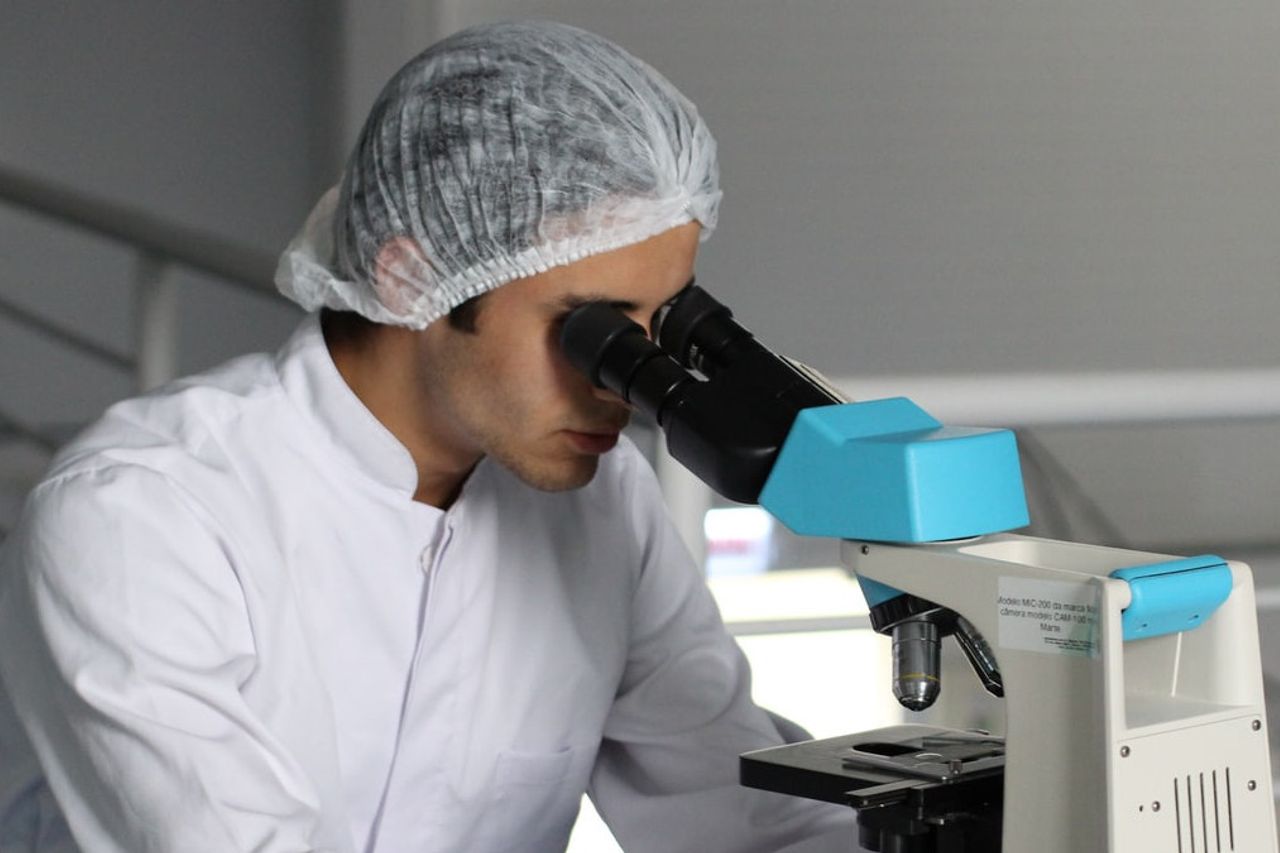Kimia Farma Develops Alternative Medicines For Handling COVID-19

JAKARTA - The pharmaceutical state-owned company (BUMN), PT Kimia Farma Tbk (KAEF) continues to strive to develop medicines needed during the handling of the corona virus or COVID-19. Medicines needed as an alternative for positive patients with COVID-19 include Remdesivir, Favipiravir, Chloroquin, and Hydroxy Chloroquin.
Kimia Farma President Director Verdi Budidarmo said that his company is still increasing the production of the drug, although there is no specific recommendation that the drug can cure it.
"This is also included in our study as the development of medicinal raw materials. These are some of the things we have done for the raw material for the COVID-19 medicine," he said, during a virtual hearing (RDP) with Commission VI of the House of Representatives, in Jakarta, Tuesday, April 21. .
Verdi also explained that the development of raw materials for alternative COVID-19 drugs depends on the availability of finish product manufacturers in Indonesia. Meanwhile, Kimia Farma has confirmed that Chloroquin and Hydroxy Chloroquin have been produced.
Kimia Farma noted that it has produced 13 million Chloroquin tablets. This type of drug has been distributed to more than 600 central government hospitals, local government hospitals, private hospitals and health agencies.
Meanwhile, 1 million Hydroxy Chloroquin has been produced, and will also be distributed to hospitals owned by the central and local governments, as well as private hospitals.
However, the production of alternative drugs for COVID-19 positive patients is provided with a note that both drugs have a low economic advantage when viewed from the perspective of developing medicinal raw materials.
In addition, Kimia Farma also produces the drug Azithromycin as a curative support for COVID-19. The production of 5 million tablets of this type is in accordance with the protocol issued by the Indonesian Lung Doctors Association.
Verdi said that his party also produces and distributes vitamin A, vitamin C and Vitamin E. More than 80 million of these vitamins can be used by the public as an effort to prevent contracting COVID-19. "The distribution is to pharmacies, central and regional government hospitals and private hospitals," he said.
In addition to vitamins, continued Verdi, Kimia Farma also produces herbal medicines related to COVID-19. The herbal medicine is called Fituno which contains echinacea extract. According to him, Fituno is very appropriate to be used to maintain endurance in the midst of this viral pandemic, considering that a strong immune system can ward off various viruses.
On the other hand, Verdi revealed, there are many challenges faced in the development of medicinal raw materials. Starting from downstream to upstream, such as the domestic market and the obligation to use the Domestic Content Level (TKDN), taxes, to raw materials from the basic chemical industry that are not yet optimal.
"The support needed in the development of medicinal raw materials has several challenges. Our downstreaming requires domestic market certainty, protection of the domestic market, facilitation of the global market. In the upstream areas such as special industrial areas, operational tax incentives," he explained.
Verdi said Kimia Farma is also importing 10 thousand boxes of Biozex from the Netherlands. A total of 6,500 rapid tests have been distributed to health service facilities, COVID-19 testing laboratories, and the health department. Rapid tests are not distributed through retail or individuals.
"The Biozex rapid test is not distributed through retail and individuals as well as online and is in accordance with the proper and correct regulations for drug distribution," he explained.
Absorb MSME Nonmedical Masks
The condition of the COVID-19 pandemic, which is increasingly widespread in Indonesia, masks have become personal protective equipment (PPE) that must be used to avoid transmission of the COVID-19 virus. However, in the midst of this pandemic, masks have become a rare item and the price has soared.
Realizing this condition, Kimia Farma is collaborating with the Ministry of Cooperatives and UKM (Kemenkop UKM) to supply non-medical masks. The cooperation between the two parties has been going on since two weeks ago.
Vendi said, his party is ready to absorb non-medical mask production from MSME players who are under the auspices of the Ministry of Cooperatives and Small-Medium Enterprises. He explained that this collaboration was to meet the high public demand for masks during the pandemic.
Moreover, said Vendi, President Joko Widodo (Jokowi) has also made it mandatory for all people to wear masks when doing activities outside the home.
"Kimia Farma is ready to become an offtaker, but the masks must comply with a number of conditions. Hopefully, early May it will be able to increase the supply of non-medical masks in Kimia Farma pharmacy network," he said.
On the other hand, Verdi said the cooperation was based on the condition that Kimia Farma had not been able to produce masks, both medical masks and non-medical masks. So far, Kimia Farma has absorbed the production of one of these medical devices from domestic producers.
"Since the Oregano pandemic in February to April 18, Kimia Farma has distributed 16 million pcs of medical masks and 1 million non-medical masks," he said.
